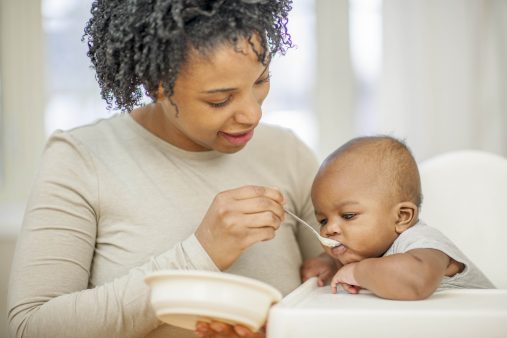Building Blocks 2 Study Published in BMJ Open
11 February 2022
BMJ Open Publication
It feels great to see the main results from the BB:2-6 cohort study now in press with our new article in the BMJ Open. We looked at the longer-term impact of a specialist home-visiting programme called the Family Nurse-Partnership (FNP) for mothers recruited to the Building Blocks trial and for their first-born children.
Over 1600 mothers and their children took part in a trial initially funded by the NIHR Policy Research Programme and now followed up thanks to funding from the NIHR Public Health Research Programme. Half the families received additional support from a specially trained family nurse. The other half received usually provided health and social care alone. We have followed the families up until children were assessed at Key Stage 1, at ages six to seven
FNP Impact
We found that the FNP has a clear impact upon some important outcomes but not on others. Children in receipt of FNP did better in their reception year and were also more likely to reach the expected level of development for reading at Key Stage 1. For other areas of development at Key Stage 1 such as writing, maths and science we found no difference. We found no impact of FNP upon the likelihood of children being referred to social services, being assessed as in need of additional support or being taken into care.
NIHR Report & Results
We described the study in full last year when we reported to NIHR and shorter summaries are also available on our Evidencing Home Visiting micro-site. Our new article provides an accessible but comprehensive description of all our main findings. In addition to the main results, we also had the opportunity to delve deeper into some areas of methodological interest. These include the strengths and limitations of using routine health and social data and the potential pitfalls of running an open label public health trial in the UK. Using routine data to evaluate health outcomes is a key design approach in our Centre, a methodological theme led by Fiona Lugg-Widger, the research fellow on BB:2-6.
Routine Data Evidence To Support Families
We hope that the positive effects found in our study may prove to be sustained as our cohort of families grow. Our team are also using routine data methods to evaluate the same health-visiting scheme in Scotland in a study led by my colleague Rebecca Cannings-John. We hope to be reporting on this study soon and grow the evidence base to support new families in the UK.
–Mike Robling, Centre for Trials Research
- December 2025
- October 2025
- June 2025
- May 2025
- April 2025
- March 2025
- February 2025
- December 2024
- November 2024
- October 2024
- September 2024
- July 2024
- June 2024
- May 2024
- April 2024
- March 2024
- December 2023
- November 2023
- September 2023
- July 2023
- June 2023
- April 2023
- March 2023
- February 2023
- December 2022
- November 2022
- October 2022
- September 2022
- August 2022
- July 2022
- June 2022
- May 2022
- April 2022
- March 2022
- February 2022
- January 2022
- November 2021
- September 2021
- July 2021
- June 2021
- May 2021
- March 2021
- February 2021
- December 2020
- November 2020
- September 2020
- August 2020
- July 2020
- January 2020
- December 2019
- October 2019
- September 2019
- July 2019
- June 2019
- May 2019
- April 2019
- February 2019
- December 2018
- November 2018
- October 2018
- September 2018
- August 2018
- July 2018
- June 2018
- May 2018
- April 2018
- March 2018
- December 2017
- October 2017
- August 2017
- July 2017
- June 2017
- May 2017
- April 2017
- March 2017
- February 2017
- January 2017
- December 2016
- October 2016
- August 2016
- June 2016
- April 2016
- March 2016
- February 2016